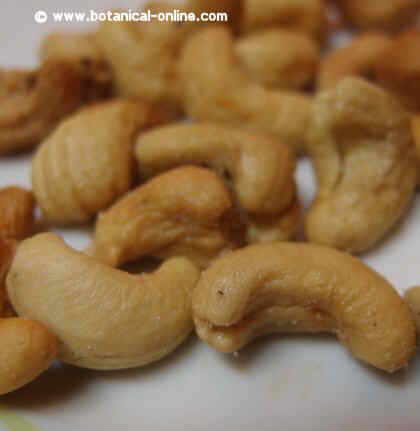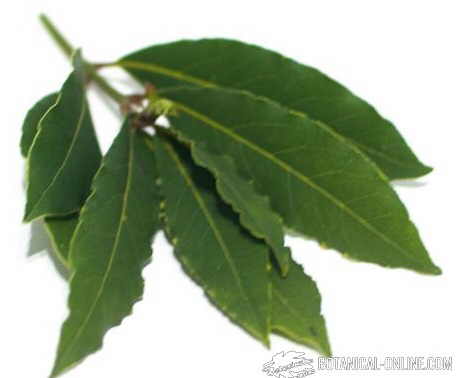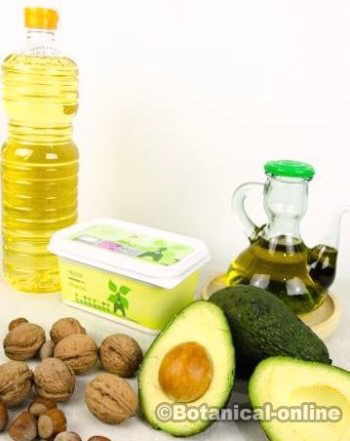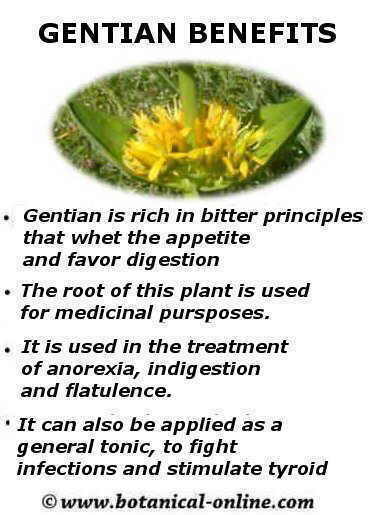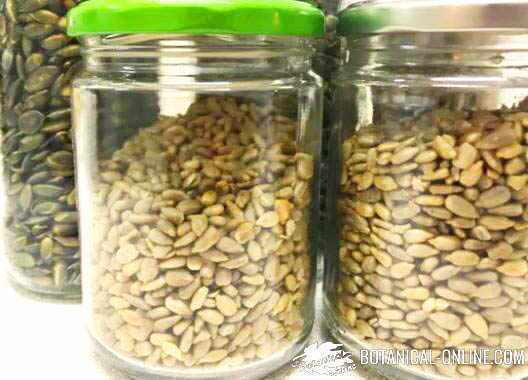Contents
- 1 What is a natural anti-inflammatory?
- 1.1 What is an anti-inflammatory and what benefits does it provide?
- 1.2 Definition of inflammation
- 1.3 How is inflammation diagnosed?
- 1.4 Usefulness of inflammation
- 1.5 Why is inflammation harmful?
- 1.6 How do plants and foods improve inflammation?
- 1.7 Why are anti-inflammatory plants?
- 1.8 Are medicinal plants good anti-inflammatory?
- 1.9 How is inflammation diagnosed in analytics?
- 1.10 Are anti-inflammatory remedies the new “panacea”?
- 1.11 What anti-inflammatory treatments must be associated with?
What is a natural anti-inflammatory?
What is an anti-inflammatory and what benefits does it provide?
Currently, everyone talks about anti-inflammatory plants and foods. However, few people really understand what an anti-inflammatory diet means, or why these foods can benefit in cases of obesity, liver disease, diabetes, fluid retention or high cholesterol, as examples.
How do healthy people benefit from natural anti-inflammatories? What is inflammation and why is it harmful? We answer all this in the following article, very interesting and absolutely essential for passionate about phytotherapy and food.
Definition of inflammation
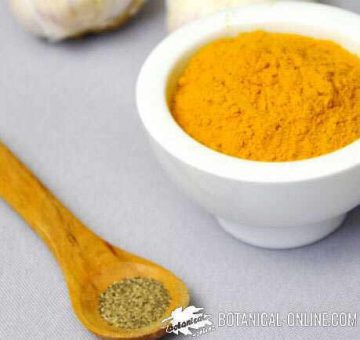
In vulgar or colloquial language, “inflammation” is almost synonymous with “swelling”, which is usually accompanied by increased heat, redness, swelling and pain. But in scientific language, inflammation may have nothing to do with this definition.
Inflammation is a response of the immune system that has the purpose of protecting and repairing a damage or injury, or to fight infections.
How is inflammation diagnosed?
It is evident that when an area of the body presents heat, redness, swelling and pain, there is inflammation. But other times, inflammation is not visible and can only be seen in blood tests.
For this reason, doctors, and scientists in their research, use, in addition to physical examination, blood values that can warn of inflammation. These indicative values of inflammation are known as “markers or biomarkers of inflammation.”
Usefulness of inflammation
The normal thing would be that the inflammation was a punctual and transitory state of the organism, which represents a healthy and necessary reaction to repair structures or to regenerate tissues.
Why is inflammation harmful?
The current problem of many diseases is that they occur with chronic inflammation, that is, that the body continuously produces “warning signals”, which represents an abnormal metabolic state.
Chronic inflammation is a breeding ground for many diseases, because the body does not work normally. For example, one characteristic of obesity is that it has chronic inflammation of low grade, a metabolic state that increases the risk of fatty liver, high cholesterol, diabetes, arteriosclerosis and heart disease.
How do plants and foods improve inflammation?
Plants and anti-inflammatory remedies have the function of helping the body to reduce inflammatory substances, with the advantage of having fewer side effects and toxicity than drugs.
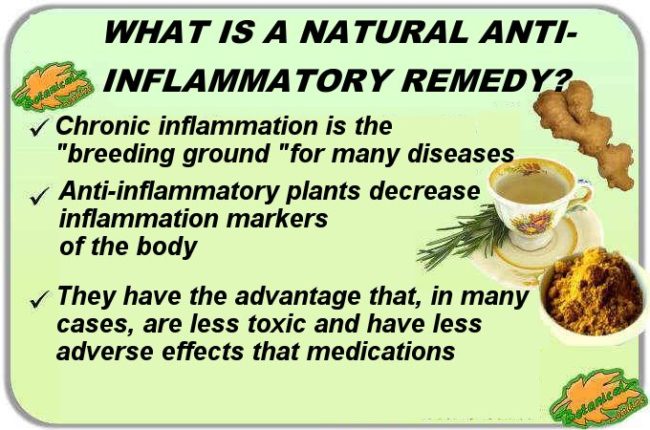
Why are anti-inflammatory plants?
It is said that a plant is anti-inflammatory when its consumption decreases the inflammation markers of the organism, so simple, and so complex at the same time, because often the mechanism by which these plants act is unknown.
By reducing these biomarkers, anti-inflammatory plants are able to alleviate many symptoms of these diseases, such as pain, shorten the recovery time, or the severity of the affectations.
Are medicinal plants good anti-inflammatory?
The power of medicinal plants should not be underestimated. Scientific studies have shown that, in some cases, plants are anti-inflammatory as effective as some synthetic anti-inflammatory drugs, with the advantage of not presenting the contraindications or adverse effects of these drugs.
By decreasing inflammatory markers (decreasing inflammation), plants often improve the symptoms and prognosis of many diseases.
How is inflammation diagnosed in analytics?
There are many ways to know if an organism has an inflammatory process. Sometimes symptoms occur, sometimes there are clear signs of diagnosing it. One of the most used methods is the determination of the levels of inflammation markers that appear in blood tests.
The elevation of the levels of these substances or of some of them, can be indicative of inflammation. If we wanted to be more precise, each substance is more related to certain immune reactions, such as allergies or infections.
The advantage of inflammation markers is that they can sometimes warn of a disease before it evolves or produce evident physical symptoms, which allows addressing a possible health problem from prevention or in pre-disease states, when in many cases improve the prognosis and treatment expectations.
Are anti-inflammatory remedies the new “panacea”?
The anti-inflammatory plants and the anti-inflammatory diet help considerably to reduce the biomarkers of inflammation, thus reducing the symptoms of these diseases, and it is advisable to use them as food-medicine or in the form of supplements, as coadjuvants of the treatment.
Obviously, there is no single miracle remedy that alone can cure a disease, but any anti-inflammatory treatment must attack the cause of the problem (stop smoking, poor nutrition, stress, high cholesterol, …) and not only the consequence (inflammation ).
What anti-inflammatory treatments must be associated with?
Obviously, any phytotherapy treatment must be framed within a healthy diet and lifestyle. A bad diet, with bad fats, excess flours and sugars, insomnia, sedentary lifestyle and stress, are inflammatory and can block the beneficial effect of anti-inflammatory plants.
![]() More information on natural anti-inflammatories
More information on natural anti-inflammatories


